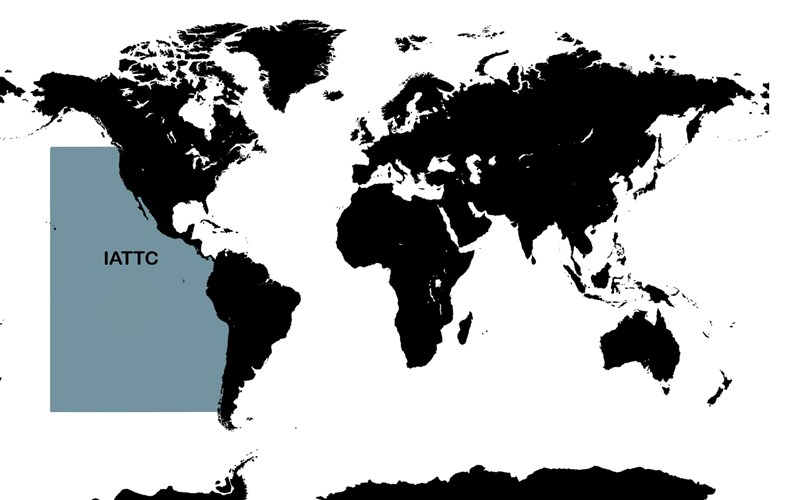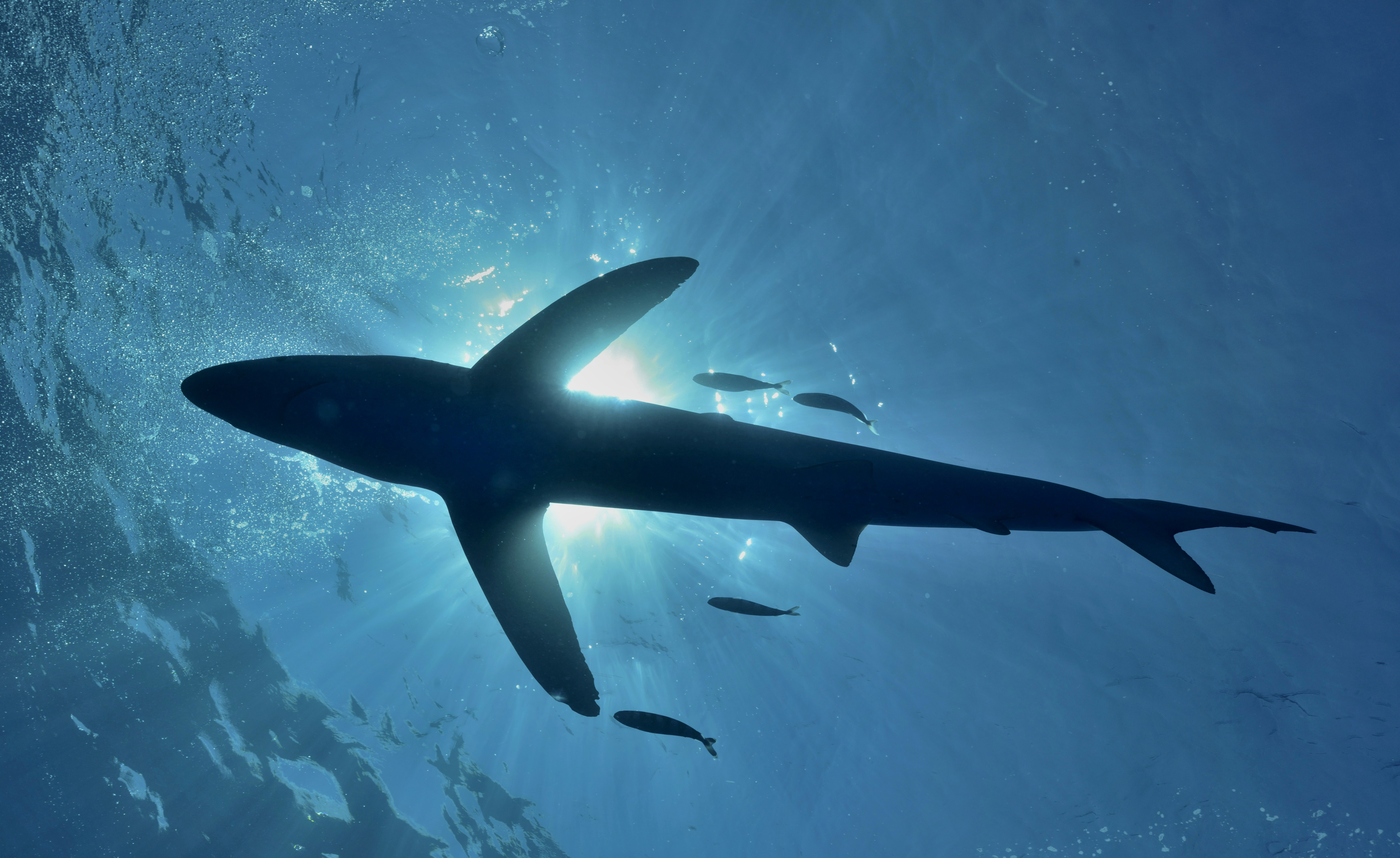

Our demand for ecosystem based reform of fishery management at the IATTC
Accredited Observer at Inter-American Tropical Tuna Commission
Goal
Our demands to the RFMO are based on our demands for fisheries reform, towards true ecosystem-based fisheries management for all species, including bycatch and the entire marine ecosystem and include:
- shark-specific demands such as "Fins Naturally Attached"
- improved transparency through independent monitoring (by human observers combined with electronic systems),
- full reporting of all catches and bycatch,
- public availability of fishery-specific bycatch data for each catcher vessel,
- as well as improving the selectivity of the fishing gear used to reduce shark bycatch in particular.
Our main concern is that the primary goal must always be to avoid or at least significantly reduce bycatch of unwanted species (e.g. sharks, marine mammals, seabirds, and sea turtles), as this is the best option for the survival of the affected species, most of which are already endangered, critically endangered, or even threatened with extinction. Only then come measures to reduce the mortality of the bycatch through so-called "best handling practices" at release, which can be achieved through technical measures on board, repeated training of the crew and a constant review and improvement of both.

© Kurt Amsler
Project history
Februar 2022
SHARKPROJECT being accredited as observer at IATTC
August 2022
SHARKPROJECT submits statement during the 100th meeting of the IATTC
